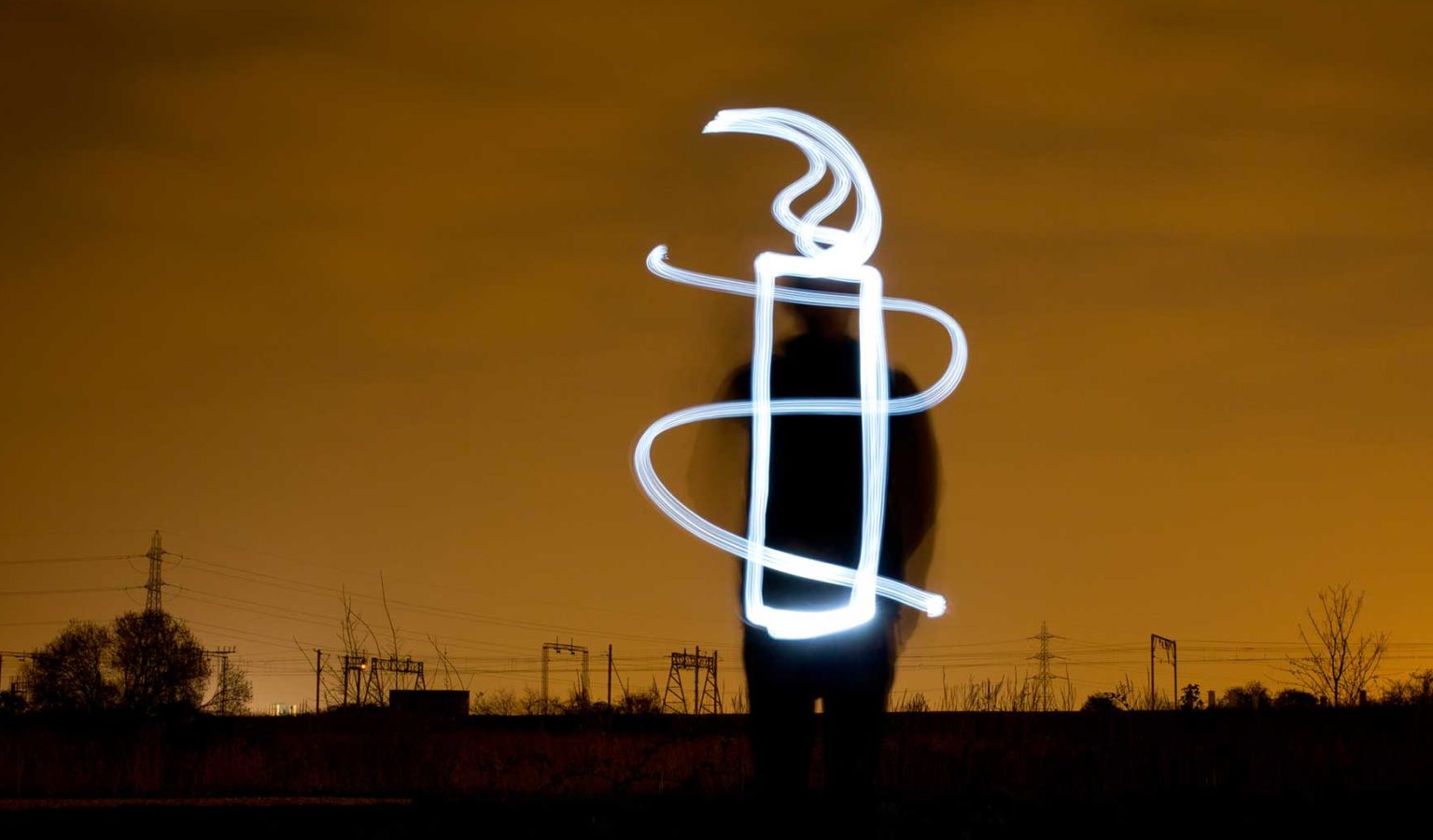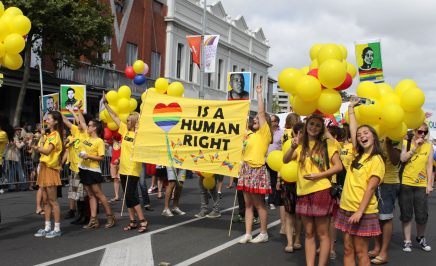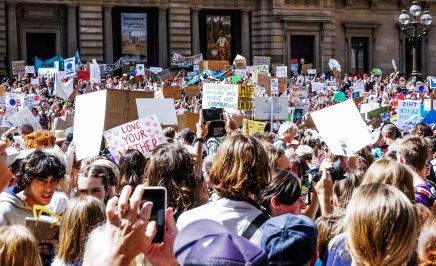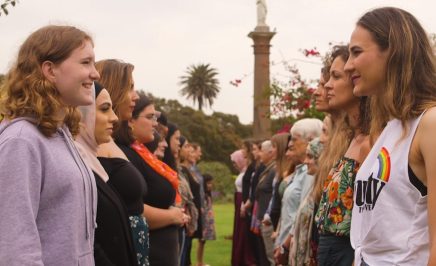Accessibility – The Amnesty International website has built in accessibility tools to help ensure that our activism is inclusive. To open the accessibility menu click on the accessibility icon located at the bottom right of your screen.
March 8 marks International Women’s Day 2024, a day to celebrate the incredible women in our lives and the sacrifices they have made, and continue to make to challenge injustice and protest gender inequality.
This year’s theme is ‘Investing in women: Accelerate progress’, with the UN highlighting that investing in women is a human rights issue: Time is running out. This year the UN has highlighted gender equality as the greatest human rights challenge.
To affectively address this challenge, we must include all women and recognise the importance to not only invest in women at the ‘top’, but ensure that every woman, regardless of their background, identity, citizenship status or nationality is able to enjoy their full human rights.
This toolkit is a guide for how you can take action both today on International Women’s Day but also throughout the year, as the fight for gender equality and genuine inclusion is an ongoing one.
History of the day
International Women’s Day grew out of early 20th century activism by North American and European women, demanding the right to vote and improved working conditions. The first Australian protest for International Women’s Day was held in Sydney in 1928.
In 1975, the United Nations (UN) officially recognised 8 March as International Women’s Day and 1975 to be International Women’s Year. Activists in Australia took this focus on women’s issues as an opportunity to increase awareness of gender inequality in Australia. On 8 March 1975, between 3,000 and 5,000 people attended the International Women’s Day rally in Melbourne photographed here.
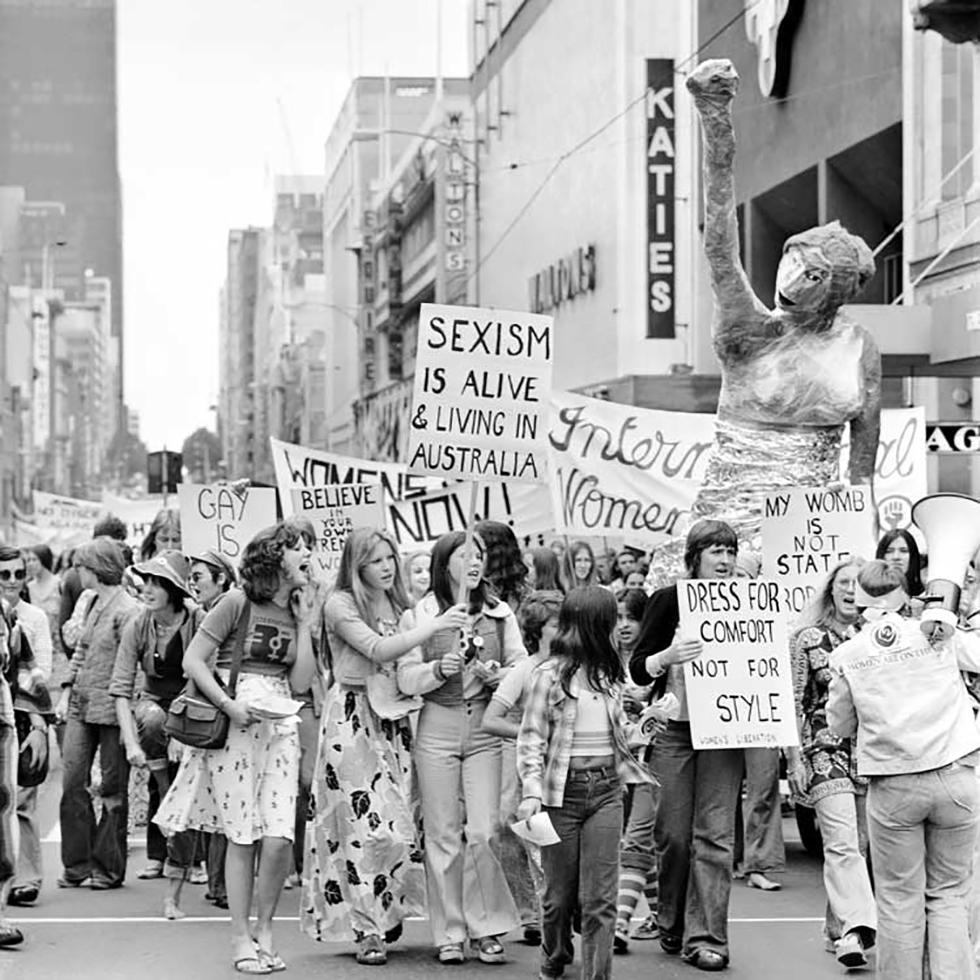
Why does it still matter?
We are not there yet:
The demands echoed in the protest banners at that 8 March rally in 1975 – equal pay, access to healthcare, an end to violence against women, and an end to discrimination against queer women—remain relevant today. Despite progress, gender inequality persists in various forms, necessitating ongoing advocacy and activism.
The rights we have are not secure:
Women in Australia have fought for reproductive rights, including access to contraception and abortion. But access remains uneven across the country with many still facing legal restrictions and barriers to healthcare services.
Progress has not been equal:
Australia has Anti-Discrimination laws, to protect people’s right to live free from discrimination on the basis of their age, sex, disability, or race. However, systemic discrimination and gender-based violence continue to impact women’s lives. Trans women and gender diverse people experience sexual violence at twice the rate of the general population.
What can you do?
Take action on behalf of the ‘Perfection 12’ union women
Amnesty International is supporting twelve women working on farms in Australia who have lodged one of the largest sexual harassment cases in the Federal Court of Australia. We are showing our support by extending our solidarity to these twelve women, who have launched an album of songs in their struggle for justice.
The online album shares eight tracks including a reimagined version of the historic Bread and Roses.
Twelve women, all members of the United Workers Union (UWU), are taking one of Australia’s largest horticulture companies Perfection Fresh to court accusing them of not providing a safe workplace free from sexual harassment and assault.
The ‘Perfection 12’ as they are now known are adding their voices through song to a historical movement and the cause of equality, justice, enjoyment and the right to be respected and safe.
The origins of Bread and Roses date back to the early 1900s coming from the suffragette movement for equal rights and the militant textile strike in Massachusetts in 1912 led by members of the Industrial Workers of the World (IWW) union. The Bread and Roses Strike as it became known, was won by a diverse, migrant workforce who were predominantly women.
The poetry and song that were inspired by the political slogan have survived to this day calling for not just bread but for roses too.
UWU Farm Sector Director Caterina Cinanni is working on the case with the ‘Perfection 12’ women and is a spokesperson for the campaign. Court suppression orders are in place to protect the identities of the women bringing the case.
“Insecure work is a key driver of unbalanced power relations between workers and their managers,” Ms Cinanni said.
Perfection Fresh’s Two Wells glasshouses cover football field sized tracks of land and operate all year round. There are 800 workers at the glasshouses in South Australia and only 200 of them have secure jobs or guaranteed hours.
“Job security and the right to speak up and support each other in this environment are key factors at eliminating sexual harassment and gendered workplace violence,” Ms Cinanni said.
“The ‘Perfection 12’ are fighting for job security, improved union rights and safety because they want these changes for all workers that pick and pack the fruit and vegetables for Coles and Woolworths – and for workers everywhere.”
The full album and further information can be found here.
Here are a few ways on how you can show your support and solidarity to these women who are fighting for justice:
Visit their website and there are links to:
- Share their album on socials – help get their album in front of as many people as possible
- Raise your concerns with the big supermarkets – there are links to Coles, Woolworths and Aldi supermarkets’ to share your concerns on the treatment of workers within their supply chain
- Download resources – share these resources with your friends, family and community on in the lead up to International Women’s Day
- Stand with the Perfection 12 – send messages of support to the women taking action
Take action for women’s rights around the world
Through research, advocacy and campaigning, Amnesty International pressures the people in power to respect women’s rights. Our recent research documents the Iranian authorities repressive campaign to enforce mandatory head scarves through constant surveillance and policing.
Women and girls have been at the forefront of the ‘Women Life Freedom’ uprising in Iran, challenging decades of gender-based discrimination and violence. This sinister attempt to wear down resistance to compulsory veiling in the wake of the uprising is disrupting the daily lives of women and girls, and causing them immense distress.
Around the world, those defending abortion rights are under attack; stigmatised, subject to physical and verbal attacks, intimidation and threats, and prosecution. Amnesty has detailed these attacks in research, and called on governments around the word to recognise and protect those who defend the right to abortion.
In the United States, the Supreme Court decision that overturned Roe vs. Wade has shamefully stripped millions of their rights. Women, girls, and people who can become pregnant in the United States are facing an unprecedented human rights crisis. One in three women and girls of reproductive age now live in states where abortion access is either totally or near-totally inaccessible.
In Afghanistan Amnesty considers the severe restriction placed on women and girls by the Taliban to be a crime against humanity. Since their takeover, the Taliban has imposed draconian restrictions on women and girls. They are banned from public life prevented from accessing education, prohibited from working, barred from moving freely, imprisoned, disappeared and tortured including for speaking against these policies and resisting the repression. We are calling on the international community to take action to dismantle the Taliban’s system of gender persecution.
In France, basketball authorities have banned women from wearing the hijab. Amnesty, alongside partners, is calling for the ban to be overturned, and for basketball authorities to ensure equal access to sport for Muslim women and girls, so that that everyone can play sports free of discrimination.
Around the world, in spite of these abuses, women continue to fight for their rights. Whether they’re reproductive rights defenders in America, women in Afghanistan protesting the Taliban, or women leading the ‘Women Life Freedom’ uprising in Iran.
You can:
- Take action and call for the release of women’s rights defenders Manahel al-Otaibi and Salma al-Shehab, imprisoned for tweeting about women’s rights in Saudi Arabia, call on Poland to overturn the conviction of Justyna Wydrzyńska, who was prosecuted for “helping with an abortion,”
- Check out this toolkit from Amnesty USA on talking about reproductive rights so you can have conversations and advocate for access to abortions, and read about why sexual and reproductive rights are a human rights issue,
- Share the stories of Palestinian women explaining the difficulty of managing their periods during Israel’s catastrophic assault on Gaza,
- Support organisations led by Aboriginal women like Djirra, who provide culturally safe legal support and prevention for Aboriginal and Torres Strait Islander victims and survivors of family violence in Victoria.
Safeguarding the well-being of yourself and others
Campaigning for human rights can be difficult. Burnout and vicarious trauma can happen and it’s important to keep a look out for the signs in yourself and your friends. You can check out our Sustainable Activism & Self Care guide as a starting point to ensure that you are looking after yourself and others while doing this important work. It examines how we can better take care of ourselves as activists and what you can do to make sure your activism is sustainable!
As a global movement of 10 million people, and 500,000 people in Australia, Amnesty International has the people power to build public support for a Human Rights Act. Learn more about what are human rights and our Human Rights Act campaign work.
